The Social Security Administration (SSA) is navigating its most significant funding crisis in decades, exacerbated by Congress’s failure to approve additional financial support. After months of stalled negotiations, the SSA is now grappling with a hiring freeze and an unprecedented staffing shortfall, leaving millions of Americans at risk of slower services and longer delays in accessing critical benefits.
Staffing Shortage and Hiring Freeze
Effective November 21, the SSA implemented a hiring freeze in response to the ongoing financial strain. The agency anticipates losing over 2,000 employees in the coming months due to natural attrition, including experienced personnel vital to operations. These losses are directly impacting customer service capabilities, creating longer wait times at the SSA’s national helpline and field offices and slowing the processing of claims.
An SSA spokesperson highlighted the urgent nature of the crisis, stating that if funding does not increase, service levels will continue to decline, worsening delays for millions of beneficiaries.
Broader Federal Impacts
The SSA’s challenges are part of a wider issue affecting other federal agencies. Organizations such as the IRS and Federal Aviation Administration (FAA) are also implementing hiring freezes and confronting operational difficulties. These freezes could disrupt key government functions, compounding issues for millions of Americans who rely on government services daily.
Political Divisions Intensify the Crisis
The funding standoff reflects deep political divisions. President Biden proposed a $1.6 billion funding increase for SSA operations in fiscal year 2024. However, the House Republicans rejected the proposal, citing concerns over sustainability and potential cuts to other non-defense areas.
Adding further complexity, some Republicans have criticized the SSA’s operational inefficiencies, with only 39% of Washington-based SSA employees working in the office three or more days per week. A Republican aide stated, “They have the resources and should responsibly use the increase they’ve already been given.”
On the other side, Democrats, including Senator Chris Van Hollen, emphasize the devastating impact of budget cuts, warning that reductions would only strain the system further. Van Hollen said, “We should not be cutting the Social Security budget. It just makes it harder for Americans to get their benefits. Customer service goes way down.”
Furloughs Could Be the Next Step
If Congress does not address the funding shortfall, the SSA could face the difficult decision of implementing employee furloughs. Such measures could force workers to take up to 10 days of unpaid leave, potentially leading to office closures and even longer delays in accessing benefits like retirement and disability claims.
This would pose significant risks to millions of Americans, particularly those relying on the SSA for financial support and essential services.
Elon Musk & Vivek Ramaswamy’s Proposal Sparks Debate
Amid this financial strain, Elon Musk and Vivek Ramaswamy are spearheading a new initiative aimed at cutting $2 trillion from the federal budget, under the banner of a “Department of Government Efficiency.” While supporters argue this could ensure fiscal responsibility, critics fear the cuts would further jeopardize agencies like the SSA.
For the SSA, which is already struggling with operational challenges, such proposed budget reductions could exacerbate its ability to meet demand, leaving millions of Americans at risk.
The Bigger Picture
The SSA’s current crisis reflects a broader issue in U.S. governance: the complex balancing act between fiscal responsibility and ensuring essential services for vulnerable populations. Without a swift response to the funding shortfall, the crisis risks undermining one of the most critical safety nets for millions of Americans.
The stakes are high, and as Congress remains divided, the future of the SSA and the millions who rely on its services hangs in the balance.

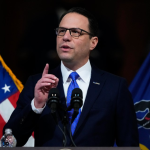
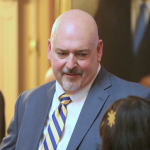


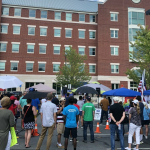

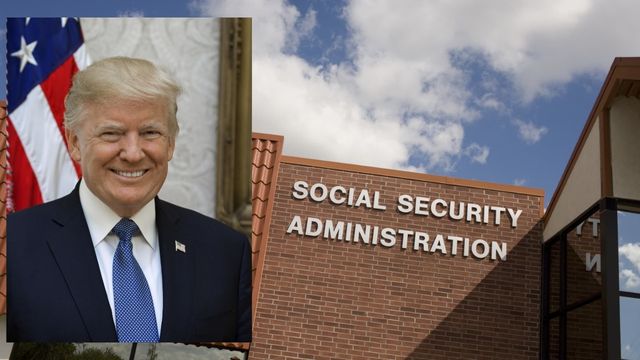

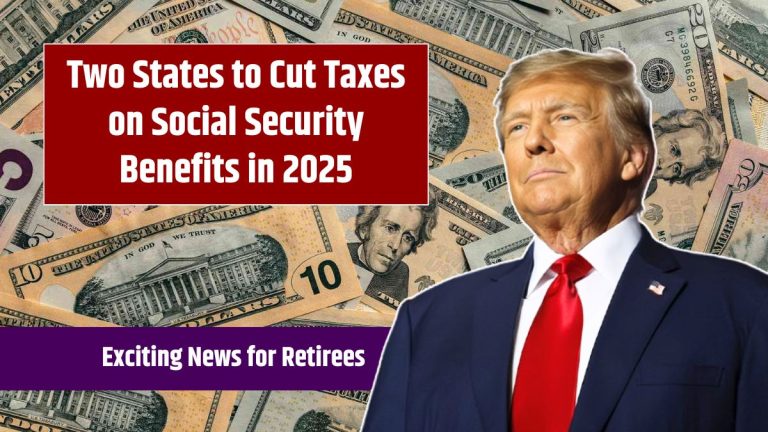

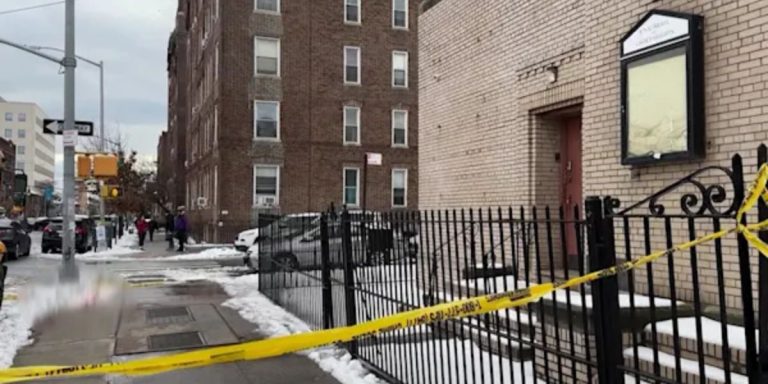




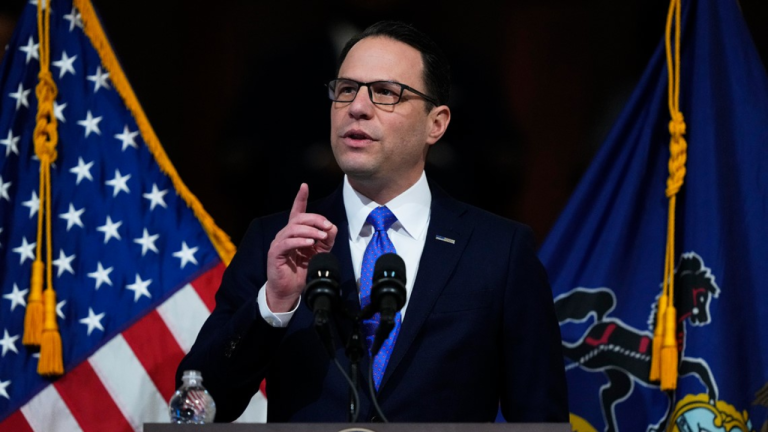
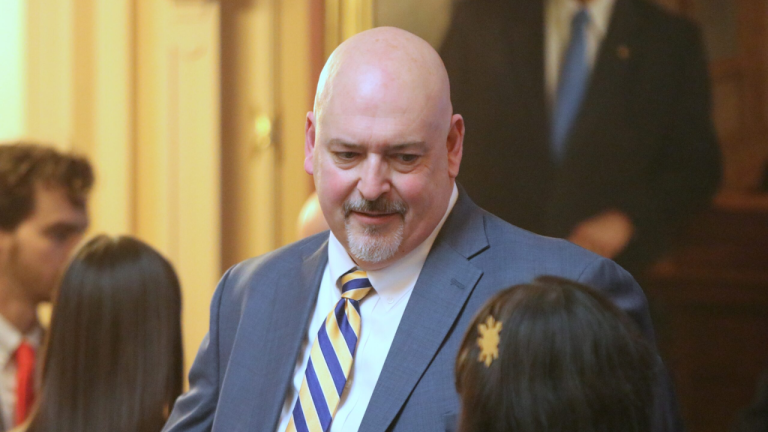


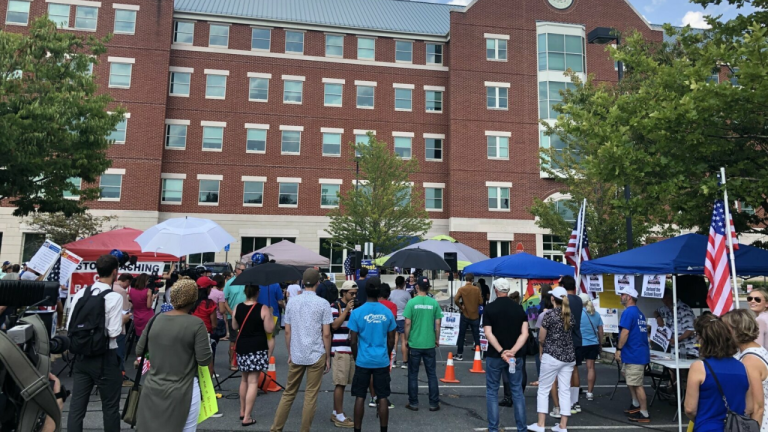





+ There are no comments
Add yours